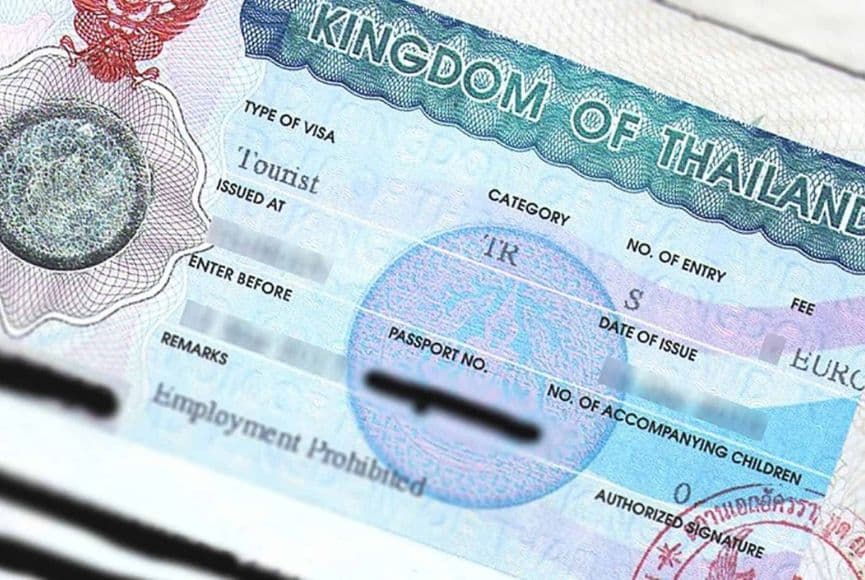No More Lines: Southeast Asian Thai Consulates Shift to E-Visa System
Share:
Securing a Thai visa in Southeast Asia is set to take a digital leap forward. Starting next week, a host of Thai consulates across the region will transition to fully online e-visa applications, phasing out the traditional walk-in method.
In an unexpected development, consulates in Vietnam (Hanoi and Ho Chi Minh City), Malaysia (Kuala Lumpur, Penang, Kota Bharu), and Cambodia (Phnom Penh) will no longer accept in-person applications. Several of these locations have already paused their consular services in preparation for the e-visa rollout.
For those who prefer a more personal approach, consulates in Laos (Vientiane, Savannakhet) and Myanmar (Yangon) will still welcome walk-ins. However, visitors must now schedule an appointment online before arriving.
Yet, not all consulates are making the digital switch. According to ASEAN Now, facilities in Indonesia (Jakarta), Taiwan (Taipei), and the Philippines (Manila) will continue to operate as usual, with no appointment needed, offering a beacon of hope for traditionalists.
There is a stipulation, however: applicants must be physically present in the country where the desired Thai consulate is located to utilize the e-visa system. Additionally, those seeking the previously common year-long multi-entry Non-O visa—particularly favored in Ho Chi Minh City—will find that only Savannakhet and Yangon now offer this option.
This shift towards digitalization aims to simplify and expedite the visa application process, requiring travelers to adapt to the new online landscape of travel documentation.
In related developments, Thailand has introduced the Destination Thailand Visa (DTV), a promising new program that permits expatriates and travelers to enjoy up to five years in Thailand without the need for frequent renewals. The DTV caters to various needs through three primary pathways:
* Workcation: Designed for digital nomads, freelancers, and remote workers.
* Soft Power: Geared towards participants in cultural and educational activities such as Muay Thai training or culinary classes.
* Spouse and Children: Aimed at individuals looking to relocate with their families.
These initiatives reflect Thailand’s commitment to integrating technology into travel and cultural engagement, heralding a new era for visitors and expats alike.
Source: Thaiger
Experience Thailand on your own terms. The Thailand Privilege Card offers you the freedom to explore, engage, and enjoy Thailand as if it were your second home. CLICK HERE to learn more.
